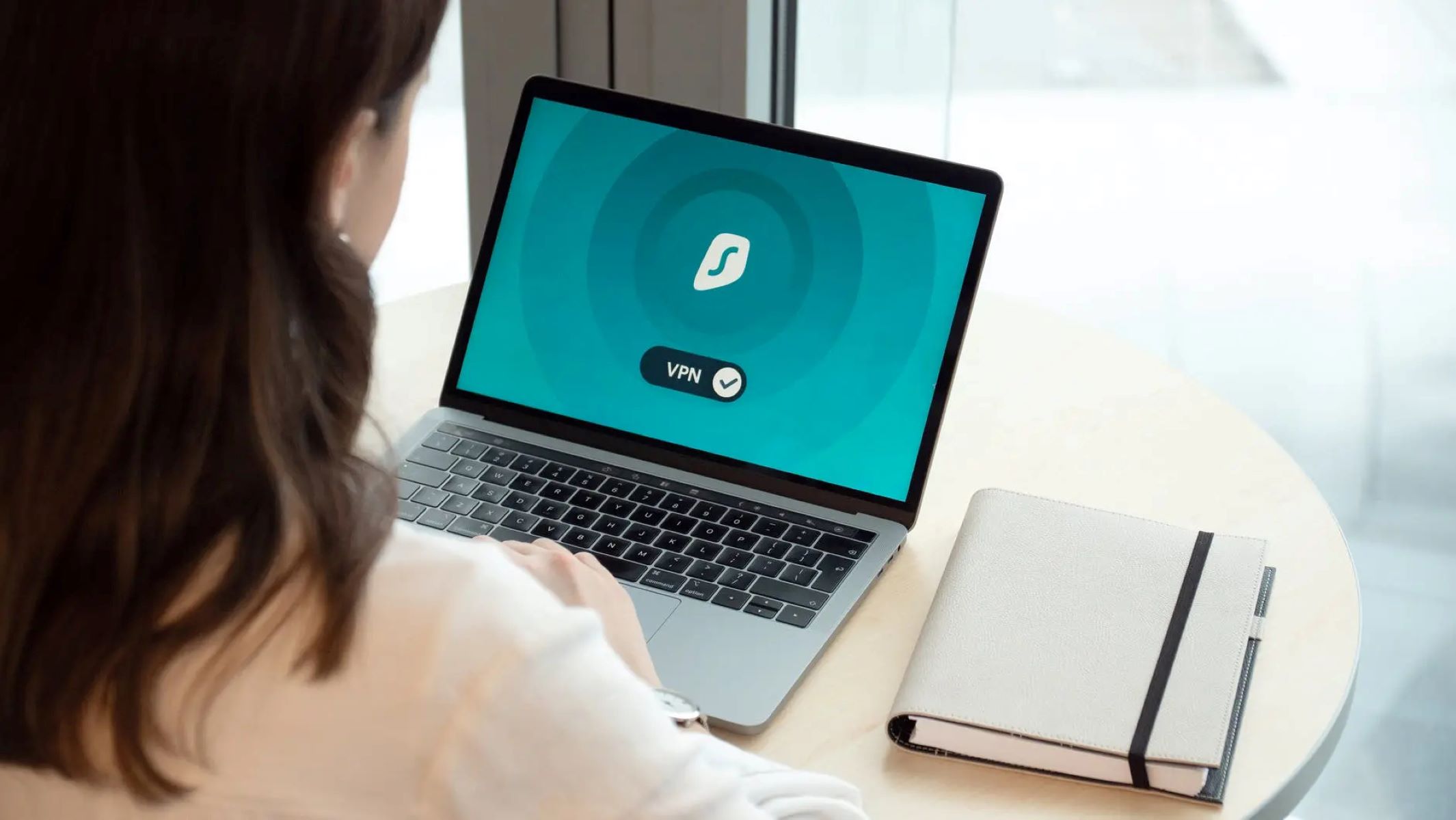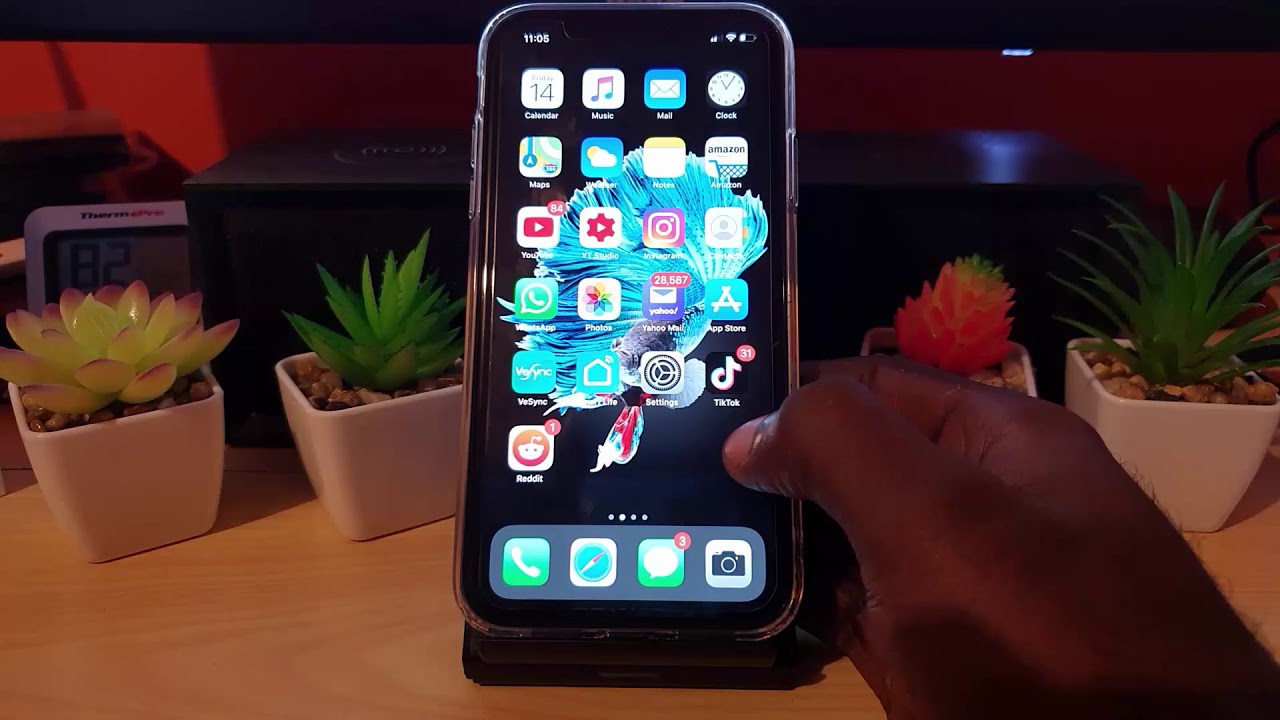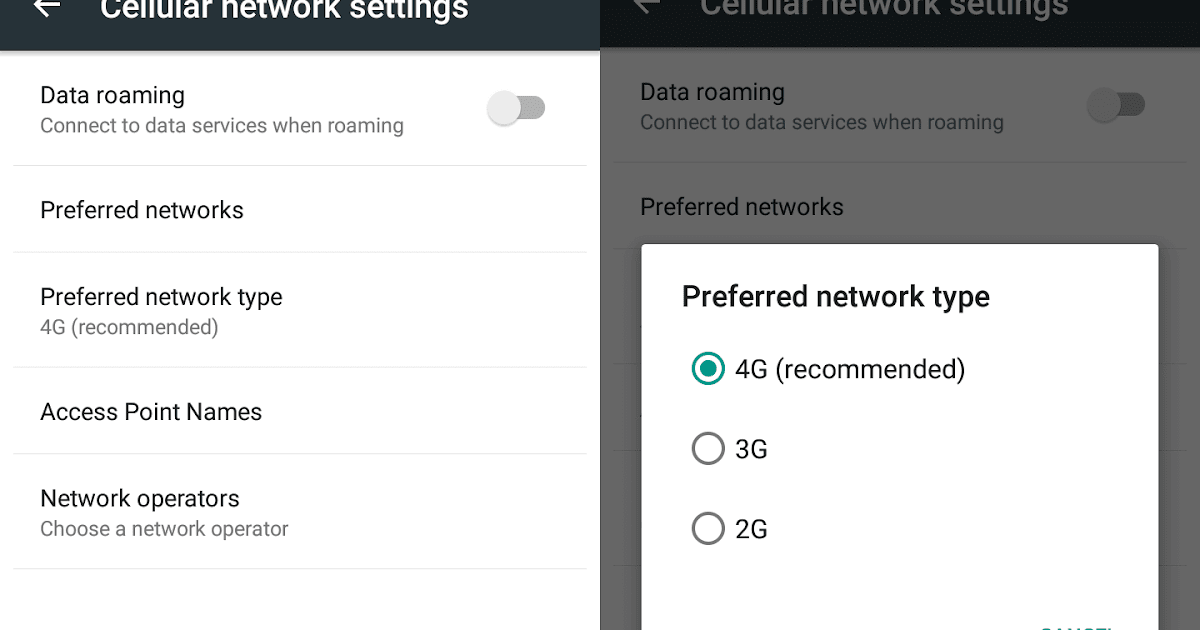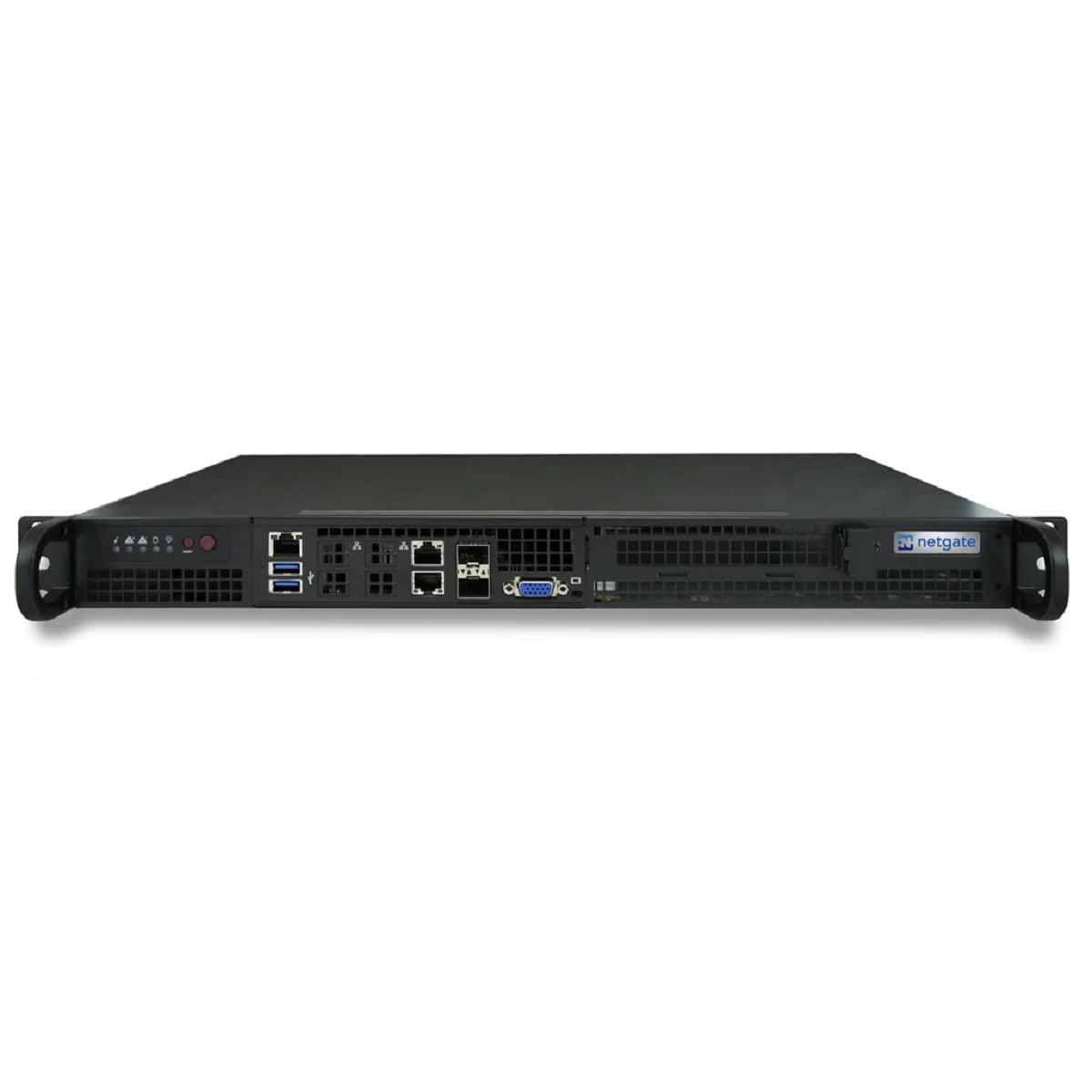Introduction
Welcome to the world of 4G proxy servers! In today’s digital age, where internet access has become an essential part of our lives, proxy servers have gained immense popularity. They play a crucial role in ensuring online security, privacy, and performance. One particular type of proxy server that has been making waves is the 4G proxy. In this article, we will explore what a proxy server is, delve into the specifics of 4G proxy servers, understand how they work, and explore their benefits and applications.
A proxy server acts as an intermediary between your device and the internet. When you access a website, the request goes through the proxy server first, which then forwards it to the website on your behalf. The website responds to the proxy server, which then sends the response back to your device. This process helps to protect your identity, improve your browsing speed, and bypass restrictions imposed by networks or websites.
Now, let’s zoom in on 4G proxy servers. Unlike traditional proxy servers that are typically connected through traditional wired networks, a 4G proxy server operates on a mobile network. It essentially harnesses the power of a 4G mobile connection to provide you with a unique IP address for your online activities.
4G proxy servers work by routing your internet traffic through a mobile network provider’s 4G connection. As a result, the websites and online services you access will see your IP address as that which belongs to the mobile device connected to the 4G proxy server. This enables you to mask your real IP address and location, making it appear as though you are accessing the internet from a different location altogether.
One significant advantage of using 4G proxy servers is the high level of anonymity and security they offer. Since your online activities are associated with the mobile device’s IP address, it becomes challenging for websites and online services to track or trace your real identity. Additionally, 4G proxy servers ensure that your internet connection is encrypted, providing an extra layer of security when browsing the web.
Furthermore, 4G proxy servers offer excellent performance and speed. 4G connections are known for their fast and stable internet connectivity, allowing you to browse websites, stream videos, and engage in other online activities seamlessly. This can be particularly beneficial for tasks that require a high-speed and reliable internet connection, such as web scraping, social media management, and SEO practices.
What is a Proxy?
Before diving into the specifics of 4G proxy servers, let’s first understand the concept of a proxy. In simple terms, a proxy server acts as an intermediary between your device and the internet. When you request to access a website or online service, the request passes through the proxy server first, which then forwards it to the destination website on your behalf. The website responds to the proxy server, which in turn sends the response back to your device.
Proxies serve several essential purposes in the online world. They primarily help to enhance security, privacy, and performance. Let’s take a closer look at how they achieve these objectives:
1. Security: Proxies provide an additional layer of security by acting as a buffer between your device and the internet. When you connect to a website through a proxy server, the website only sees the IP address of the proxy server, not your actual IP address. This helps to hide your real identity and location, making it harder for malicious entities to track or target you.
2. Privacy: By masking your IP address, proxies help to protect your online privacy. This is especially important when you’re using public Wi-Fi networks or accessing websites and online services that may track your online activities. Proxies ensure that your online presence remains anonymous, making it difficult for websites and online services to gather data about you.
3. Bypassing Restrictions: Proxies can be used to bypass network restrictions and access blocked websites or content. For example, if a website is blocked in your country or organization, using a proxy server allows you to route your connection through a different location where access to that website is not restricted. This enables you to bypass censorship measures and gain access to the content you desire.
4. Performance Enhancement: Proxies can also improve your browsing speed and overall performance. By caching frequently accessed web pages, proxies reduce the load on the destination website’s server and deliver the requested content faster. Additionally, some proxies employ content filtering and compression techniques to optimize data transmission, resulting in faster page load times and smoother browsing experiences.
Overall, proxies play a vital role in ensuring online security, privacy, and performance. By acting as intermediaries between your device and the internet, they offer numerous benefits that contribute to a safer and more efficient online experience.
What is 4G Proxy?
Now that we have a clear understanding of proxy servers, let’s delve into the specifics of 4G proxy servers. A 4G proxy server operates on a mobile network and utilizes a 4G mobile connection to provide you with a unique IP address for your online activities.
Unlike traditional proxy servers that are typically connected through wired networks, a 4G proxy server takes advantage of the speed and reliability of 4G mobile connections. It allows you to route your internet traffic through a mobile network provider’s 4G connection, masking your real IP address and location and making it appear as though you are accessing the internet from a different location entirely.
With a 4G proxy, your online activities are associated with the IP address of the mobile device connected to the proxy server. This offers a high level of anonymity and security, as websites and online services have difficulty tracking or tracing your real identity. Additionally, 4G proxy servers encrypt your internet connection, further enhancing your privacy and data security.
Furthermore, 4G proxy servers offer excellent performance and speed. 4G connections are known for their fast and stable internet connectivity, ensuring smooth browsing experiences and seamless online activities. Whether you’re engaging in web scraping, social media management, or SEO practices, a 4G proxy can provide the high-speed and reliable connection required for these tasks.
Another advantage of 4G proxy servers is their ability to bypass geo-restrictions and access location-specific content. Since your online activities appear to originate from the location of the 4G proxy server, you can bypass restrictions imposed by websites and access content that may be limited to specific regions or countries.
4G proxies also offer unique IP rotation capabilities. With a large pool of IP addresses from different 4G mobile devices, these proxies can automatically rotate IP addresses for each request you make. This helps to mimic natural browsing behavior and prevents your activities from being flagged as suspicious or blocked by websites.
In summary, a 4G proxy server provides the benefits of anonymity, security, performance, and geo-restriction bypass through the use of a 4G mobile connection. With their fast and stable internet connectivity, the ability to mask your real IP address, and IP rotation features, 4G proxies are becoming increasingly popular for various online activities.
How does 4G Proxy work?
To understand how a 4G proxy works, let’s break down the process step by step:
- Connection Setup: When you connect to a 4G proxy server, your device establishes a connection with the proxy server using your preferred internet browser or application.
- Proxy Server Request: When you make a request to access a website or online service, your device sends the request to the 4G proxy server.
- Mobile Network Connection: The 4G proxy server, equipped with a 4G mobile connection, forwards your request to the destination website through the mobile network provider.
- Website Response: The destination website receives the request from the mobile network and sends its response to the 4G proxy server.
- Proxy Server Response: The 4G proxy server receives the response from the website and forwards it back to your device.
- Data Encryption: Throughout this process, the 4G proxy server ensures that your internet connection is encrypted, protecting your data and enhancing your online security.
By routing your internet traffic through a mobile network’s 4G connection, a 4G proxy server allows you to mask your real IP address and location. Websites and online services see the IP address of the mobile device connected to the proxy server, making it difficult for them to track or trace your actual identity.
One of the key advantages of 4G proxy servers is their ability to provide high-speed and stable internet connectivity. 4G mobile connections are known for their fast download and upload speeds, low latency, and reliable performance. This makes them ideal for activities that require a seamless and high-performance internet connection.
Additionally, 4G proxy servers offer IP rotation features, which automatically rotate the IP addresses used for each request. This allows for a diverse range of IP addresses, simulating natural browsing behavior and preventing websites from detecting unusual or suspicious activity.
Overall, the mechanism behind 4G proxy servers involves establishing a connection between your device and the proxy server, routing your internet traffic through a 4G mobile connection, and providing you with a unique IP address for your online activities. This process ensures anonymity, security, and enhanced performance for a wide range of online tasks.
Benefits of using 4G Proxy
Using a 4G proxy server offers numerous benefits for individuals and businesses alike. Let’s explore some of the key advantages:
- Anonymity and Privacy: One of the primary benefits of using a 4G proxy is the high level of anonymity it provides. By masking your real IP address and location, it becomes difficult for websites and online services to track or trace your online activities. This enhances your privacy and helps protect your personal information from being exposed.
- Geo-Restriction Bypass: Many websites and online services implement geo-restrictions, limiting access to specific regions or countries. With a 4G proxy, you can bypass these restrictions by making it appear as though you are accessing the internet from a different location. This allows you to access content and services that may otherwise be unavailable to you.
- Enhanced Security: The encryption capabilities of a 4G proxy server ensure that your internet connection is secure and protected from potential eavesdropping or data interception. This is particularly important when using public Wi-Fi networks or accessing sensitive information online.
- Faster Performance: 4G proxy servers leverage the fast and reliable internet connectivity of 4G mobile networks. This results in faster browsing speeds, quicker data transfers, and improved overall performance. Whether you’re web scraping, managing multiple social media accounts, or conducting SEO activities, a 4G proxy can provide the speed and stability required for these tasks.
- IP Rotation: Many 4G proxy services offer IP rotation capabilities. This means that with each new request you make, the proxy server will automatically assign a different IP address from its pool of available addresses. IP rotation helps prevent websites from flagging your activities as suspicious, improving your chances of successful data gathering or web scraping.
- Affordability and Accessibility: 4G proxy servers are becoming increasingly accessible and affordable. With various service providers offering different packages and pricing plans, users can choose a solution that best fits their needs and budget.
These benefits make 4G proxy servers a valuable tool for a wide range of applications. Whether you’re a digital marketer, an SEO professional, a web scraper, or simply someone who values online privacy and security, using a 4G proxy can significantly enhance your online experience and protect your data.
Applications of 4G Proxy
The versatile nature of 4G proxy servers makes them applicable in a wide range of scenarios. Here are some common applications of 4G proxies:
- Web Scraping: 4G proxies are widely used for web scraping purposes. Web scraping involves extracting data from websites for various purposes such as market research, price comparison, and data analysis. By rotating IP addresses and ensuring anonymity, 4G proxies enable efficient and uninterrupted web scraping without the risk of getting blocked or flagged by websites.
- SEO Practices: Search engine optimization (SEO) professionals often utilize 4G proxies to monitor search rankings, perform competitor analysis, and gather data for keyword research. The ability to access location-specific search results and employ IP rotation ensures accurate and comprehensive SEO efforts.
- Account Management: Managing multiple social media accounts can be challenging, especially when platforms implement restrictions such as IP blocking or account bans. 4G proxies are valuable for social media managers as they allow for the creation and management of multiple accounts from different IP addresses, minimizing the risk of flagging or suspension.
- Data Gathering: Whether it’s collecting market data, mining product information, or aggregating user-generated content, 4G proxies enable efficient and reliable data gathering. With IP rotation and enhanced privacy, 4G proxies ensure a smooth data collection process even when dealing with large volumes of information.
- Ad Verification: Advertisers and marketing agencies often employ 4G proxies to perform ad verification tasks. By simulating user behavior and rotating IP addresses, 4G proxies help ensure accurate ad placements, detect fraudulent activities, and evaluate the effectiveness of online advertising campaigns.
- Price Comparison: E-commerce businesses and price comparison websites can benefit from 4G proxies to gather accurate pricing information across various locations. 4G proxies enable automated price scraping while mimicking real user behavior, helping businesses stay competitive and make informed pricing decisions.
- Security Testing: Security professionals and penetration testers utilize 4G proxies to conduct security assessments and vulnerability testing. By anonymizing their activities and utilizing different IP addresses, they can analyze systems and networks without revealing their identity or triggering security defenses.
The applications of 4G proxies extend beyond these examples, as their versatile nature makes them suitable for various use cases. Whether it’s for data scraping, SEO analysis, social media management, or security testing, 4G proxies provide the necessary tools to enhance performance, protect privacy, and ensure reliable and secure internet access.
How to choose a 4G Proxy service provider
When it comes to choosing a 4G proxy service provider, there are several factors to consider. Here are some key points to keep in mind:
- Reliability and Speed: Look for a 4G proxy service provider that offers reliable and fast connections. Speed is crucial, especially if you’re performing tasks that require real-time data access or high-bandwidth activities like streaming or web scraping.
- Location Coverage: Consider the geographical coverage of the 4G proxy service provider. Ensure that they have proxies available in the locations you require for your specific use case. This is particularly important if you need access to location-specific content or want to simulate browsing behavior from a specific region.
- IP Rotation: Check if the 4G proxy service provider offers automatic or manual IP rotation. The ability to rotate IP addresses is essential for tasks that involve web scraping, account management, or ad verification, as it helps simulate natural user behavior and prevent detection or blocking by websites.
- Proxy Pool Size: Consider the size of the proxy pool offered by the service provider. A larger proxy pool provides more diverse IP addresses, minimizing the chances of websites identifying and blocking your activities. It also ensures better availability of proxies, reducing the risk of sharing IPs with other users.
- Customer Support: Evaluate the level of customer support provided by the 4G proxy service provider. Prompt and helpful support can make a significant difference if you encounter any technical issues or have questions about the service. Look for providers that offer multiple channels of support and have a reputation for responsiveness.
- Data Security and Privacy: Ensure that the 4G proxy service provider prioritizes data security and privacy. Look for providers that employ encryption protocols to secure your internet connection and have strict privacy policies in place to ensure the protection of your personal information.
- Pricing and Scalability: Consider the pricing structure and scalability options provided by the 4G proxy service provider. Compare the costs and features offered by different providers to find a plan that aligns with your needs and budget. Additionally, check if the provider offers the flexibility to scale your proxy usage as your requirements grow.
Before committing to a 4G proxy service provider, it’s recommended to read customer reviews and testimonials to gauge their reputation and reliability. Additionally, you can consider reaching out to the provider directly to discuss your specific requirements and get a feel for their level of expertise and customer service.
By carefully considering these factors, you can choose a 4G proxy service provider that meets your specific needs, ensuring a reliable, secure, and efficient browsing experience.
Conclusion
4G proxy servers have emerged as indispensable tools for various online activities. Their ability to provide anonymity, security, and high-speed performance make them valuable for individuals and businesses alike. By leveraging the power of 4G mobile networks, these proxies offer unique IP addresses, allowing users to mask their real identities and bypass restrictions imposed by websites or networks.
From web scraping and SEO practices to social media management and ad verification, 4G proxies have a wide range of applications. They enable efficient data gathering, accurate geolocation-based analysis, and secure online interactions. With features like IP rotation and encryption, 4G proxies provide the necessary tools to protect privacy, enhance security, and ensure reliable internet access.
When selecting a 4G proxy service provider, it’s essential to consider factors such as reliability, speed, IP rotation capabilities, location coverage, customer support, data security, and pricing. By assessing these aspects, you can choose a provider that aligns with your needs and offers the features necessary to support your specific use case.
In conclusion, 4G proxy servers are valuable components of the digital landscape. They offer a unique combination of anonymity, security, and high-speed performance, enabling users to navigate the online world with confidence. Whether you’re a web scraper, marketer, or an individual who values online privacy, incorporating 4G proxies into your online activities can greatly enhance your online experience.

























